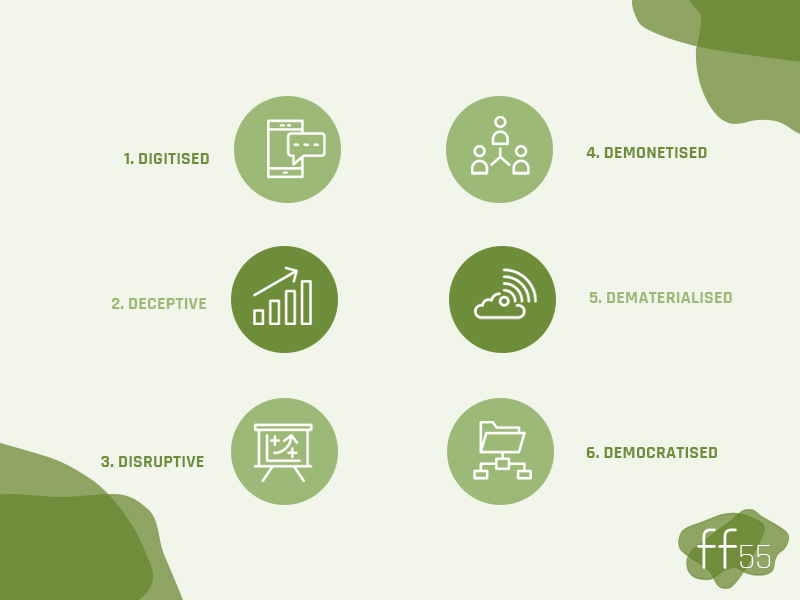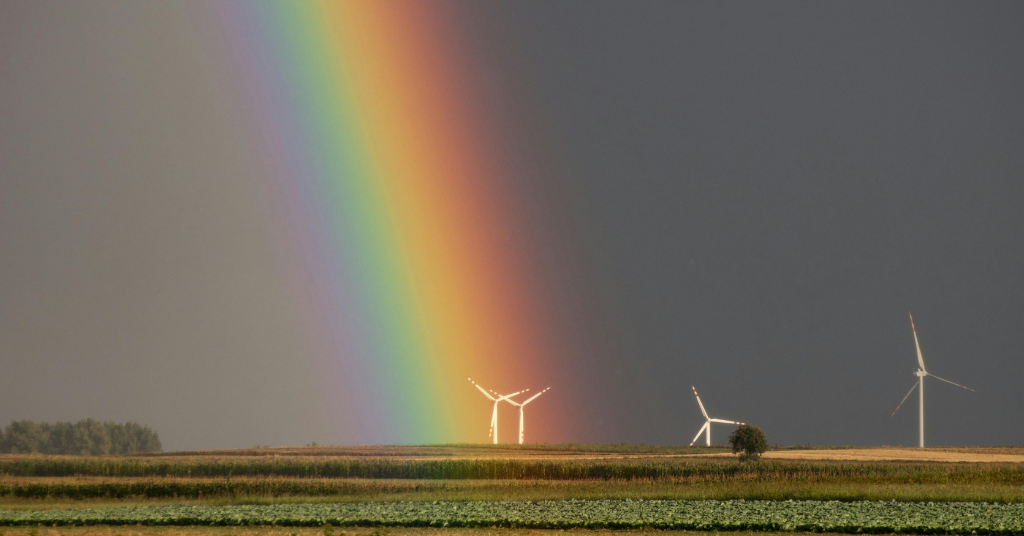Digitalization is a key area of both economic development and sustainability. The urgency of transforming our economy is obvious, however, there are some significant factors that will influence this shift. The effect and speed of digitalization are mostly predictable – it follows a certain path of progression as you’ll see. It may also look familiar to you if you’ve purchased at least a digital item in the past 30-40 years… You’ve been warned: it isn’t rocket science. 🙂
How Digital Technology Changes The Way We Live
We live in a world that’s changing rapidly. Technology makes our life more convenient than ever; it saves us time and money, and solutions like smart homes also help save energy.
Covid-19 proved that we don’t have to be present at work or at school permanently to be efficient, collaboration or learning are possible online (although the psychological impact of absence can’t be disregarded). It proved that it’s okay to watch Netflix if cinemas are closed and that retail chains are happy to deliver goods to your door if you can’t physically go to their stores but you’re ready to shop online. Litres of petrol could be saved every day – simply by staying at home.
How fast is ‘fast’?
The kids who put records on when they wanted to listen to music are in their 40s now. How did their consumption habits change? Let’s take a quick look, shall we?
In only 26 years the access to entertainment has changed drastically: the first CD was produced in 1982, mp3 took over the web in 1995 and Spotify rolled out in 2008.
After a shaky period, artists and record labels that kept up with the revolution, are regaining their strength. The manufacturers who were lucky and/or prescient enough to stop producing CD players and start producing PCs, mobile phones and tables have made a fortune.

Experts agree that there is a huge further potential in the Internet of Things (IoT), artificial intelligence (AI), automation, and digital platforms. The more people use them, the more positive impact they have on our lives but more importantly now: the environment.
How digital solutions become part of your life?
In one word: swiftly. But we have six words to tell you about the exact life cycle of digital products and services.

1. Digitised
A scene with your favourite actor or your health data can be turned into zeroes and ones and transmitted anywhere. If there is a need for it, anything that becomes ‘digital’ may expect exponential growth.
2. Deceptive
Exponential growth, however, is deceptive: in the beginning linear growth would look faster. 0, 10, 20, 30, 40, 50 for example is linear growth while 1, 2, 4, 8, 16, 32 is exponential.
3. Disruptive
Exponential growth, however, exceeds linear right at the next step and the difference in growth rate is booming – it isn’t just math anymore, it’s trends and at the end of the day: tangible benefits. As the new technology becomes more efficient it gets more popular.
4. Demonetised
Supply and demand walk hand-in-hand: the more people wants to use a certain product, the manufacturers will increase production. Mass production is always cheaper as for example initial investment costs go down.
5. Dematerialised
Think of your mobile phone from twenty years ago. Your digital camera. Your discman or, if you were a trendy fella, your mp3 player. Now it can be all on your phone pre-installed. The thermostat on the wall at home you can set wherever you are? It’s just a baby step away.
6. Democratised
Access to technology is available for virtually anyone – even the less fortunate around the world. Many of the apps on your phone help to reach a common goal if we use them well: reducing our energy consumption by planning routes and shopping, by sending data to authorities, by optimising lights and temperature in our homes just to name a few.
Researchers, manufacturers and developers work together around the world to make our lives more enjoyable and this time what’s good for us, is good for planet Earth, we just need to use technology wisely.




